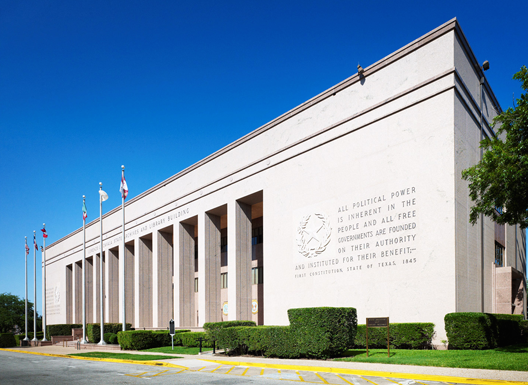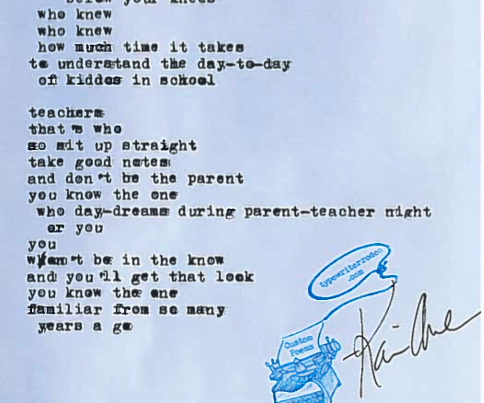This story originally appeared on New Visions, New Voices.
In the 1950s, Taft, Texas, was a segregated cotton town with a sizable Mexican-American population, all of whom lived on the south side of the railroad tracks. It was in a part of the state that had a history of Anglo-on-Mexican violence, including police brutality and lynchings. Ramona Martinez spoke to Grace Flores-Hughes, who was born and raised in Taft, a place where success and upward mobility were not often seen.
“I was called ‘wetback’ or ‘dirty Mexican’ – there was not only a difference, but hatred,” Flores-Hughes says.
Children of Mexican immigrants were discouraged by their teachers, mostly they were enrolled in a non-college program set up as an alternative curriculum by the school. There were huge dropout rates: boys became laborers and girls got pregnant and married at a young age.
Members of Grace’s family accused her of trying to be like una Americana when she talked about going to college.
“It was kind of like, if I don’t make it, neither will you,'” Flores-Hughes says.
She says she believes the racism and differential treatment contributed to a feeling of worthlessness.
“You didn’t look at yourself in the mirror as a proud person,” she says, “You saw yourself as inferior.”
Hear the full story in the audio player above.
Experiencing Hispanic Heritage comes to you from New Visions, New Voices – expanding the American conversation, because it’s time to hear the difference. New Visions, New Voices is made possible with support from the Corporation for Public Broadcasting. For more information and other stories, click here.
















